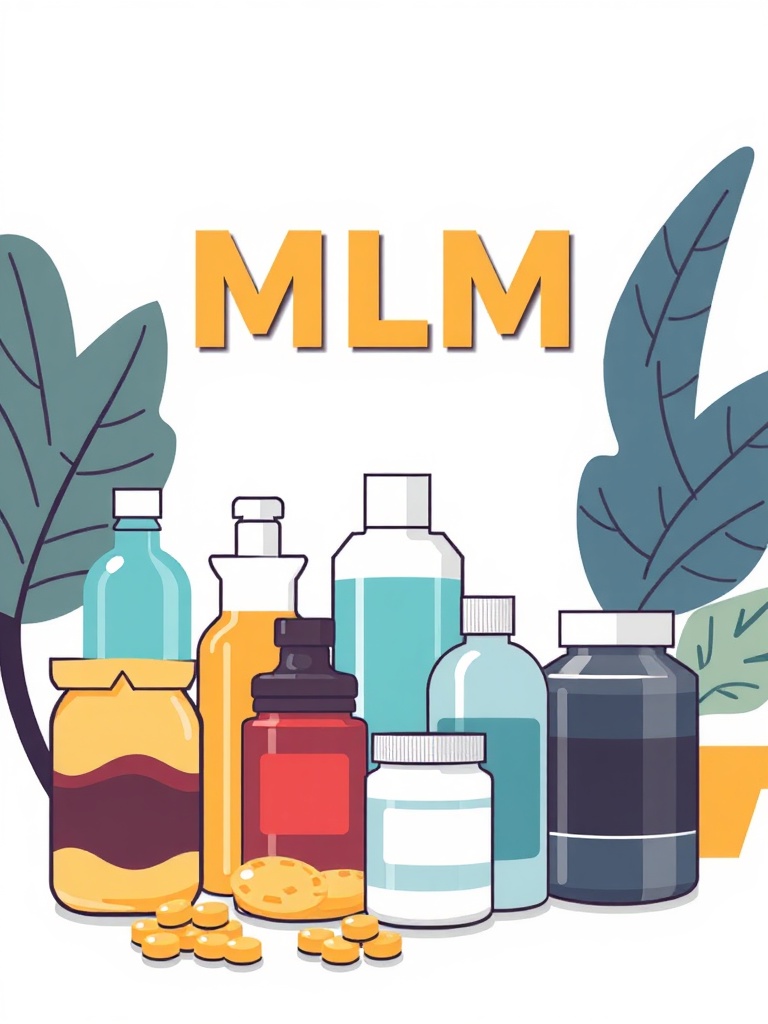MLM Products: How to Spot Quality, Value, and Red Flags
Multi-level marketing (MLM) companies sell everything from dietary supplements and skincare to household goods and essential oils. For many consumers and prospective sellers, the biggest question isn’t whether MLMs exist but whether their products deliver real value. Here’s a practical guide to evaluating MLM products so you can make smarter buying and selling decisions.
Common product categories
– Wellness and dietary supplements: vitamins, herbal extracts, weight-management aids.
– Personal care and cosmetics: anti-aging creams, cleansers, makeup.
– Aromatherapy and essential oils: single oils, blends, diffusers.
– Household and cleaning products: laundry, surface cleaners, water treatment.
– Lifestyle and nutrition programs: meal replacements, shakes, snacks.
What makes an MLM product worth considering
– Proven ingredients and clear labeling: Ingredients should be listed in full, not hidden behind proprietary blends. Dosages and active components matter for supplements.

– Third-party testing and certifications: Independent lab testing for purity, potency, and contaminants adds credibility, especially for ingestibles.
– Transparent sourcing and ethical claims: Sustainable sourcing and cruelty-free or organic certifications are meaningful when substantiated.
– Real user results and verifiable reviews: Look for consistent feedback across multiple platforms rather than only distributor-posted testimonials.
Red flags to watch for
– Overhyped health claims: Any product promising miracle cures or guaranteed weight loss should be treated with skepticism.
– Proprietary blends without disclosure: Vague labeling can mask low ingredient levels.
– Mandatory auto-ship tied to commissions: Heavy emphasis on recruitment and auto-ship can indicate a focus on sales structure over product value.
– High price without comparable quality: MLM pricing often includes distributor margins; make sure the product justifies the cost when compared to mainstream alternatives.
How to evaluate supplements and ingestibles
– Check ingredient transparency and standardization.
– Look for third-party seals (USP, NSF, or equivalent for specific markets).
– Search for published studies on the active ingredients rather than company-funded summaries alone.
– Consider contacting the company for batch testing data or certificate of analysis if you’re concerned.
Customer experience and returns
– Read the returns policy closely: A generous, easy return policy indicates confidence in the product.
– Ask about customer support and fulfillment: Fast shipping and responsive support matter for repeat purchases.
– Trial sizes and sample kits: If available, start with small purchases to test effectiveness without heavy commitment.
Tips for prospective sellers
– Prioritize products you’d use personally—authenticity sells.
– Be cautious of business models that emphasize recruitment over retail sales.
– Keep records of claims and marketing materials to avoid misleading customers.
– Learn local regulatory requirements for selling supplements and cosmetics.
Final practical checklist
– Ingredient transparency: Yes/No
– Third-party testing: Yes/No
– Clear return policy: Yes/No
– Competitive pricing vs non-MLM alternatives: Better/Same/Worse
– Genuine user reviews beyond distributor channels: Yes/No
MLM products can offer unique formulations and community-driven sales experiences, but value varies widely. Focus on transparency, testing, and real customer feedback when deciding to buy or sell.
A careful, evidence-based approach helps you separate genuinely useful products from hype.